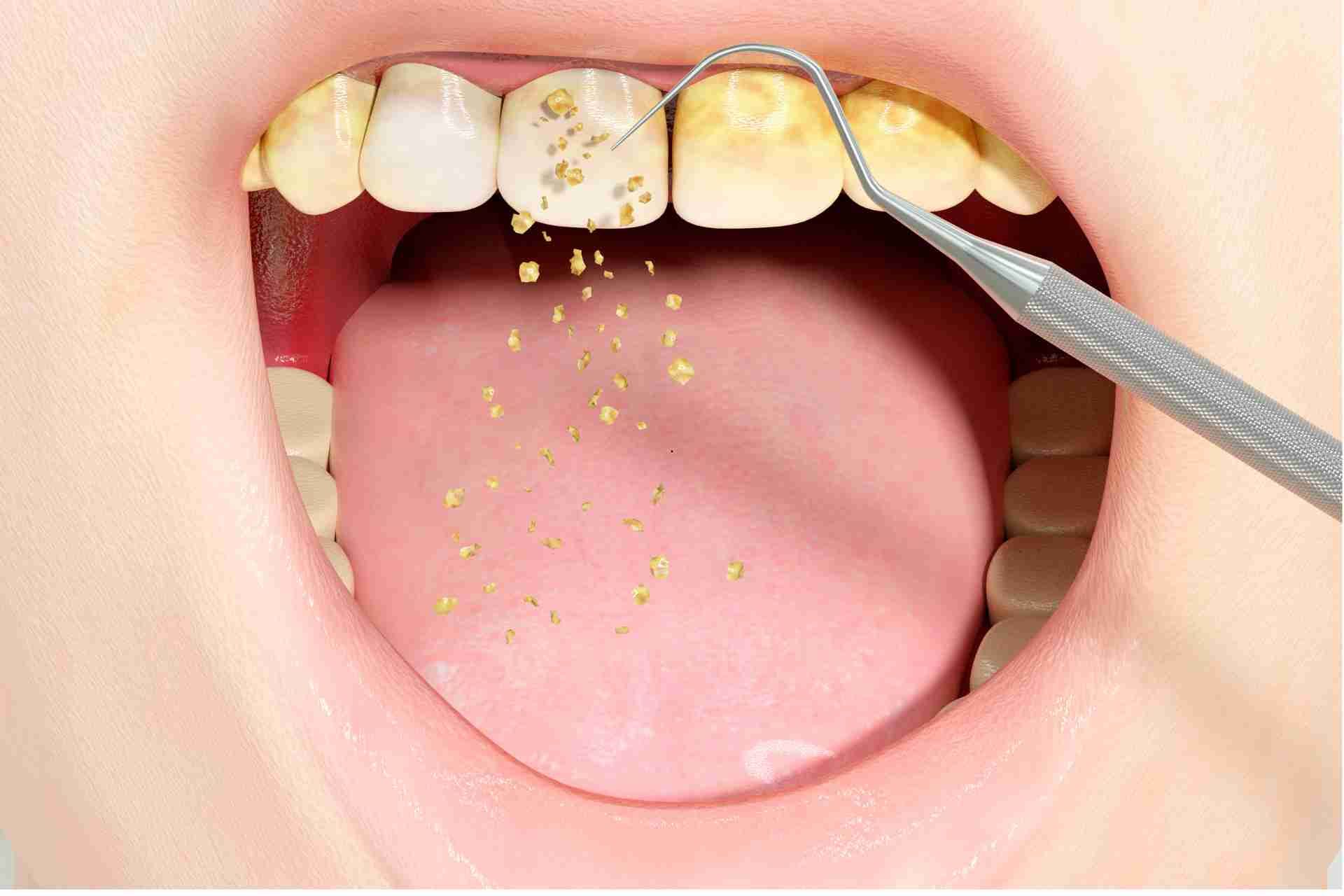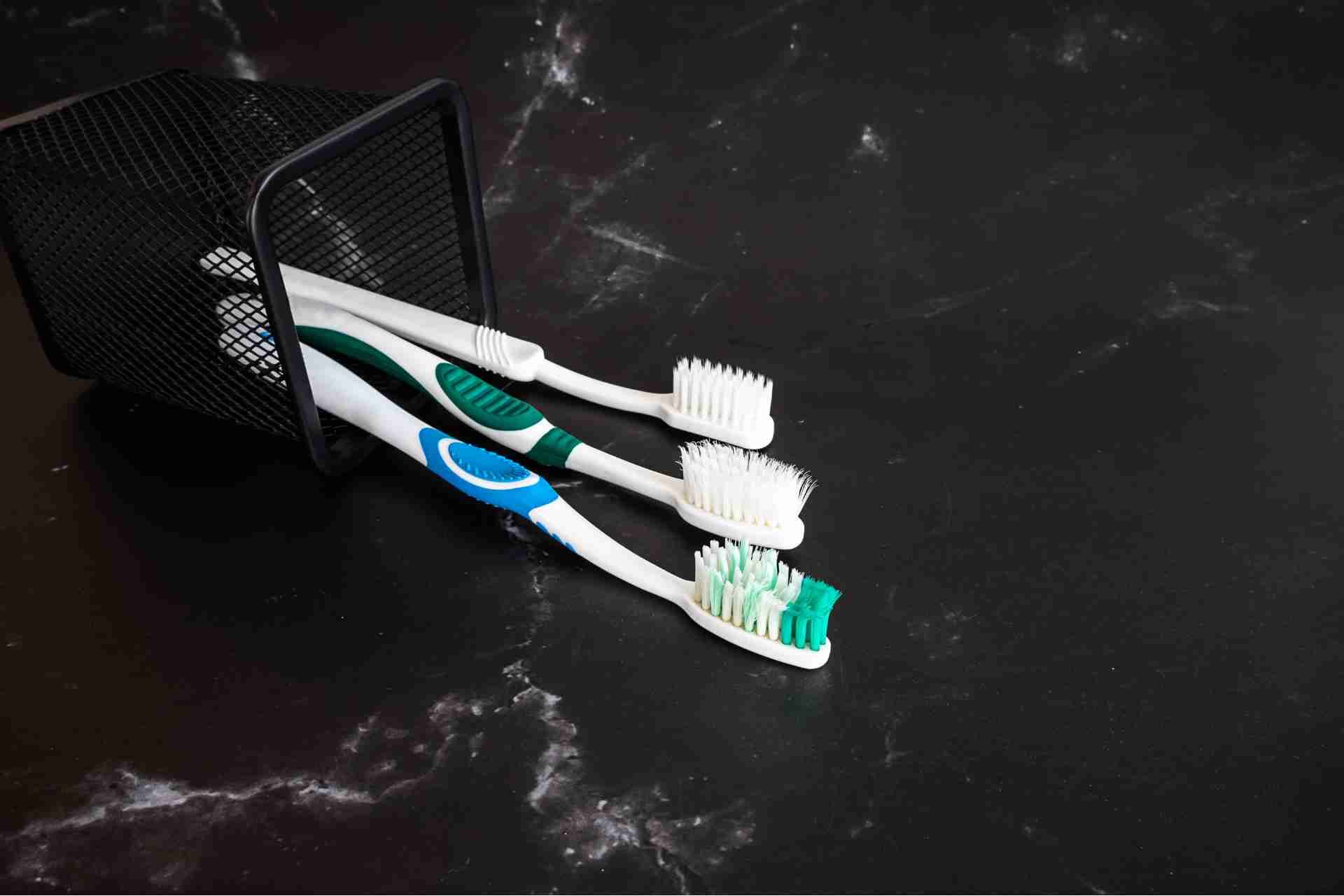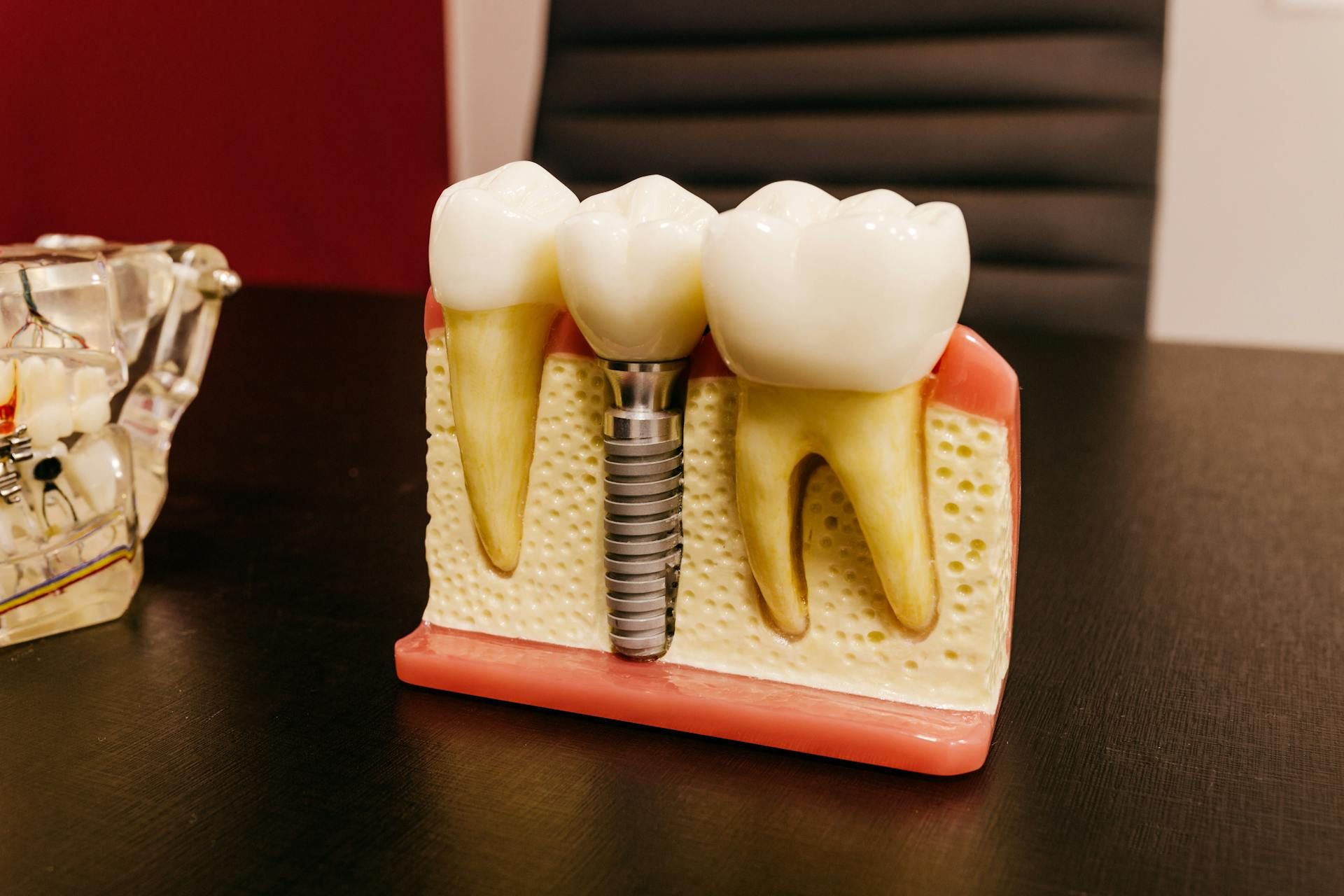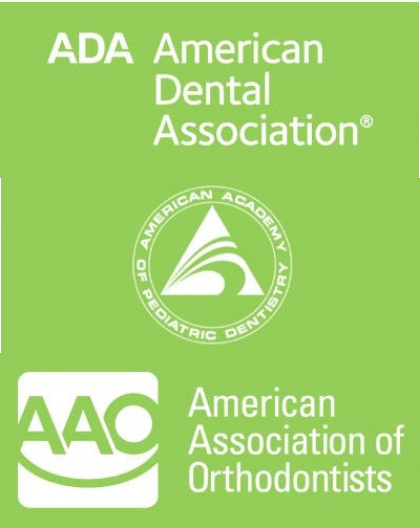Are Dental Implants Covered by Insurance?

Dental implants are a popular and effective way to replace missing teeth. They are a permanent solution that involves surgically placing a titanium post into the jawbone to serve as a replacement for the root of the missing tooth.
Are you considering getting dental implants but are concerned about the cost? Many people wonder if are dental implants covered by insurance. In this blog post, we will explore the ins and outs of dental implant insurance coverage and provide helpful information for those considering this popular treatment option.
How Does Dental Insurance Work?
Dental insurance works similarly to other types of health insurance. Policyholders pay a monthly premium to their insurance provider in exchange for coverage for a portion of their dental care expenses.
When a policyholder visits a dentist for a covered service, the dentist will submit a claim to the insurance company. The insurance company will then review the claim and determine how much they will cover based on the policyholder’s coverage and any deductibles or coinsurance that may apply.
Policyholders are responsible for paying any deductibles or copayments required by their insurance plan, as well as any costs that exceed the coverage provided by the insurance company.
Different dental insurance plans offer different levels of coverage for various services, such as preventive care, basic procedures (like fillings and extractions), and major procedures (like root canals and crowns). Some plans may also have waiting periods or restrictions on coverage for certain procedures.
What Does Dental Insurance Cover?
Dental insurance typically covers a range of preventive and diagnostic dental services, as well as some restorative and emergency treatments. Common services covered by dental insurance may include:
- Routine dental exams and cleanings
- X-rays
- Fillings
- Root canals
- Tooth extractions
- Crowns and bridges
- Dentures
- Orthodontic treatment (in some plans)
- Emergency dental treatment
How much do dental implants cost?
The cost of dental implants can vary depending on several factors such as the location of the dental practice, the experience of the dentist, the number of implants needed, any additional procedures required, and the type of implant materials used.
On average, the cost of a single dental implant can range from $1,000 to $3,000. However, this cost does not include additional expenses such as consultation fees, X-rays, sedation, and follow-up appointments. It is recommended to consult with a dentist for a personalized quote based on your specific needs.
Are dental implants covered by insurance?
Dental insurance coverage for dental implants varies depending on the individual insurance plan. Some dental insurance plans may cover a portion of the cost of dental implants, while others may not cover them at all. It is important to check with your insurance provider to see what is covered under your specific plan before undergoing dental implant treatment.
Alternatives Treatments to Dental Implants
1. Dental bridges
A dental bridge is a fixed dental restoration used to replace one or more missing teeth. It consists of a pontic (false tooth) that is supported by adjoining natural teeth or dental implants.
2. Dentures
Dentures are removable dental appliances that can replace missing teeth and surrounding tissue. They come in partial or full denture forms depending on the number of teeth that need to be replaced.
3. Dental crowns
A dental crown is a tooth-shaped cap that is placed over a damaged or decayed tooth to restore its shape, size, strength, and appearance. Crowns can also be used to cover dental implants.
4. Mini dental implants
Mini dental implants are smaller in diameter than traditional dental implants and are often used to stabilize loose dentures or replace missing teeth in areas with limited bone structure.
5. All-on-4 dental implants
All-on-4 dental implants are a full arch dental implant treatment that involves placing four implants in strategic locations in the jaw to support a full set of fixed prosthetic teeth.
6. Bone grafting
In cases where there is insufficient bone present to support a dental implant, bone grafting can be performed to regenerate bone in the area before implant placement.
7. Sinus lift
A sinus lift is a surgical procedure that involves lifting the sinus membrane to create more space for bone grafting in the upper jaw, allowing for successful dental implant placement in the posterior region.
8. Resin-bonded bridges
Also known as Maryland bridges, resin-bonded bridges are used to replace missing front teeth by bonding a false tooth to the adjacent natural teeth with metal or ceramic wings.
9. Flipper dentures
Flipper dentures are temporary, removable prosthetic devices that can be worn while waiting for permanent dental implants to be placed. They are typically made of acrylic and have a false tooth attached to a retainer that rests on the gums.
10. Snap-on dentures
Snap-on dentures, also known as overdentures, are removable prosthetic devices that attach to dental implants via a bar or ball attachment system, providing increased stability and retention compared to traditional dentures.
Consult with Us Before Getting Implants
If you are considering getting dental implants, it is important to consult with Pennington Orthodontics & Pediatric Dentistry before proceeding.
At
Pennington Orthodontics & Pediatric Dentistry, we are committed to providing personalized and comprehensive care to our patients. We will work closely with you to develop a treatment plan that meets your specific needs and goals.
Contact us today to schedule a consultation and learn more about how dental implants can help restore your smile.











